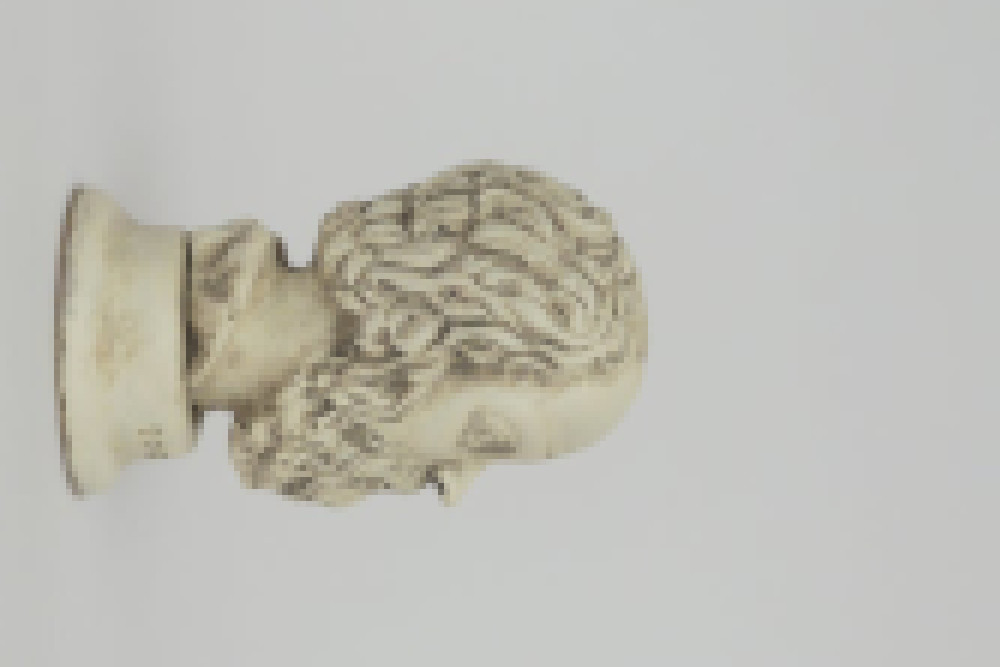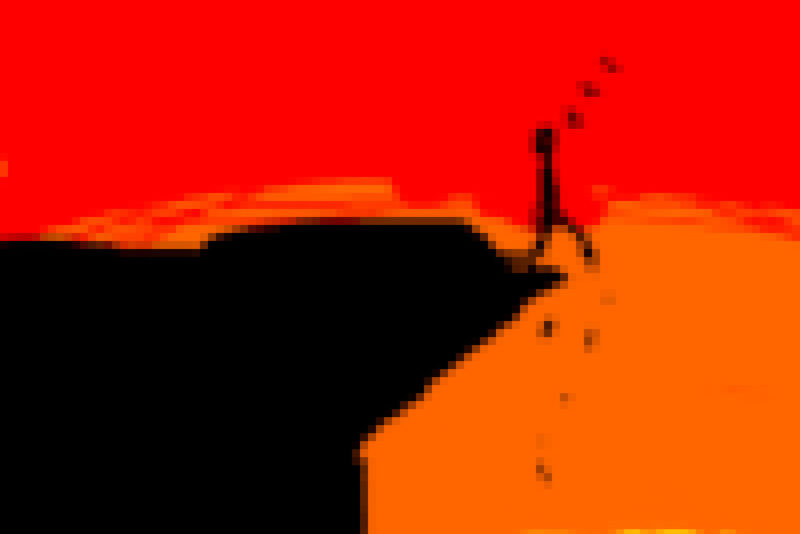February 15, 2021
In casual conversation, most questions fall into one of two categories: questions with answers or questions not worth asking. You may get the distinct impression that everything worth knowing is already known. One could be as easily convinced that there is no space left to think the previously unthought.
I have only one regular, reliable thought—albeit, silently—in most conversations about current affairs: “you’re not wrong per se, but you still sound stupid.” Most answers chafe my ears. Hanging in the pollution of this lazy, apathetic cynicism towards life’s most pressing questions we choke through an acerbic din of stupidity.
As I’ve told students repeatedly, there are no stupid questions or wrong answers. There are, however, wrong questions with stupid answers.
A simple inference is warranted about the current state of affairs: if all the answers given are stupid, it’s because we are asking the wrong questions.
As a result, there is no time like the present than to interrogate the most primitive, timeless tool of thought: the question. It will be the subject of the following series of essays. These essays will run parallel to a personal study of the great questioner himself: Socrates. To be clear, I’m not interested in exploring Platonic philosophy. I would, however, like to learn what is going on behind the back of the grand, occidental inquisitor.
So we begin at the beginning: what does a question do?
In the dialogues, Socrates uses questions to make the questioned think. He liberates the water in which everyone swims from being relegation to the periphery of thought and brings it into clearer focus. Questions pull what is not-obvious into the foreground, to shed light on the obvious. He commands questions in the forum or a private room, the way athletes swing a weighted discus in the gymnasium.
The question stretches the mind. It resists the mind as a weight resists the interlocking webwork of muscle fibers. The question is a percussive, kinetic exercise rooted in the precognitive, tacit experience of embodied consciousness. Before the question was expressed in words, it was expressed through our extension of the body into space.
I prefer to imagine my first question was a finger out-stretched towards cherry-hot stove top. And after decades of touching countless more things hot and cold, exhaust mufflers and freezer-burn, I’ve learned how to ask better questions with the same finger—a quick, light touch or a confident grasp. Never once did I know the degree of what I touch. Never once did I need to. I have thousands—maybe tens of thousands—of points of data embedded in the decades written on and underneath the skin of my finger: hot blacktop in August, sharp steam from a kettle, baking pan too hot to hold but cool enough move quickly, warmth of another’s skin, coals I cannot juggle, the slow fade of a burn penetrating a mistakenly damp oven mitt. I pass my finger through the flame of a lighter with no fear, but that small bit of unlit fuel stuck to my thumb from freshly lit match still singes me. All our lives we ask questions with the tips of our fingers, and everyday we get better at asking those question. Eventually, we learn to use words to ask questions.
The question is the manifest expression of our openness to the mystery of the world beyond our heads and the knife-edge of our fingertips. The universe constantly recedes beyond the moving horizons of our conscious embodied experience. This is the essential sacredness of life in a body: we never succeed in exhausting the novel experience of being compressed into an open finitude.
But questions are not unencumbered instruments which objectively and transparently probe a state of affairs. Questions have causes and effects. They are freighted with forces that lie in wait, behind and beneath, giving rise to the tools by which we probe existence (sometimes words). They apply pressure to the subject in question, and the subject pushes back against the question like the force of heat on a fingertip. The right questions rarely dissolve on contact, but linger, pushing and pulling. They are not phantoms seeking absolution. They are poltergeists appearing, then reappearing as independent forces or disturbances in an otherwise stable fabric of discursive thought.
Thought seems simple. So simple, it seems to most, that being in our mind comes as naturally as being in our body. Thinking is one more basic life process—eating, shitting, thinking, exercising, working, resting, thinking. But like every aspect of embodied life, is not a fixed and complete process. It is an unfolding dance of desire and satiation, the mind expands and contracts, it withers and flexes like a muscle. It gets indigestion. It experiences ecstasy. It tires, it grows, it weakens, it strengthens. You make your mind limber by stretching it, or sedate it into rigor mortis. The process of the body never completes itself, and neither does thought, the process of the mind.
The question is the locomotion of thought. It is as important to the mind as movement is to the body—the body that cannot or does not move itself, dies. We move our body because we must to live. Our feet move us and improve at it, our hands prepare what we move to our mouth and improve at it, our body moves the earth itself and we improve it. By moving we move better, and we move better to better our life by moving toward the horizons of everyday life. So must our mind move lest it atrophy.
Questions coax, luring the hidden and private into the shared infrastructure of public discourse. The most straightforward questions rarely have straightforward answers.
Questions design fields of inquiry, setting agendas and designating the purview of discourse with others or my-self. Hands make for the body places in which to dwell. Questions create places to which the mind returns, resides, and revisits.
Questions clear, opening the topography of our world into scenes and vistas, revealing spaces to explore. It is no wonder, in an age where nothing remains on earth left to discover, that we feel there is nowhere else left in our mind to explore.
Questions orient, fixated on the process of becoming and the irruption of what is not into what is. The question moves the mind as feet move the body through a labyrinth, sometimes quickly, other times cautiously.
Questions gesture toward the boundary lines, and in the question, the fibers of the mind stretch outward toward the horizons of our being itself. For this reason, the answer is usually the least important part of the most important questions.
I never shied away from asking grade schoolers or undergraduates the same questions which knock over academics and peers. I’ve received push back from parents and students alike: “these are too high-level,” or “too philosophical,” “not age appropriate.” Students protest the same, “I don’t feel I know enough to answer this question.” My response is usually the same: “how will you be able to answer these questions later if you don’t begin practicing now?” Questions are the exercise of thought. Certainly they require the appropriate gradations. Even still I ask my grade-schoolers to respond to esoteric, dissertation level questions not because I expect them to have an answer, but simply to train in the disciplined intellectual practice of finding one.
Questions are always more important than our greatest answers. If everyone sounds stupid because we are asking the wrong questions, what makes a question the right question?




